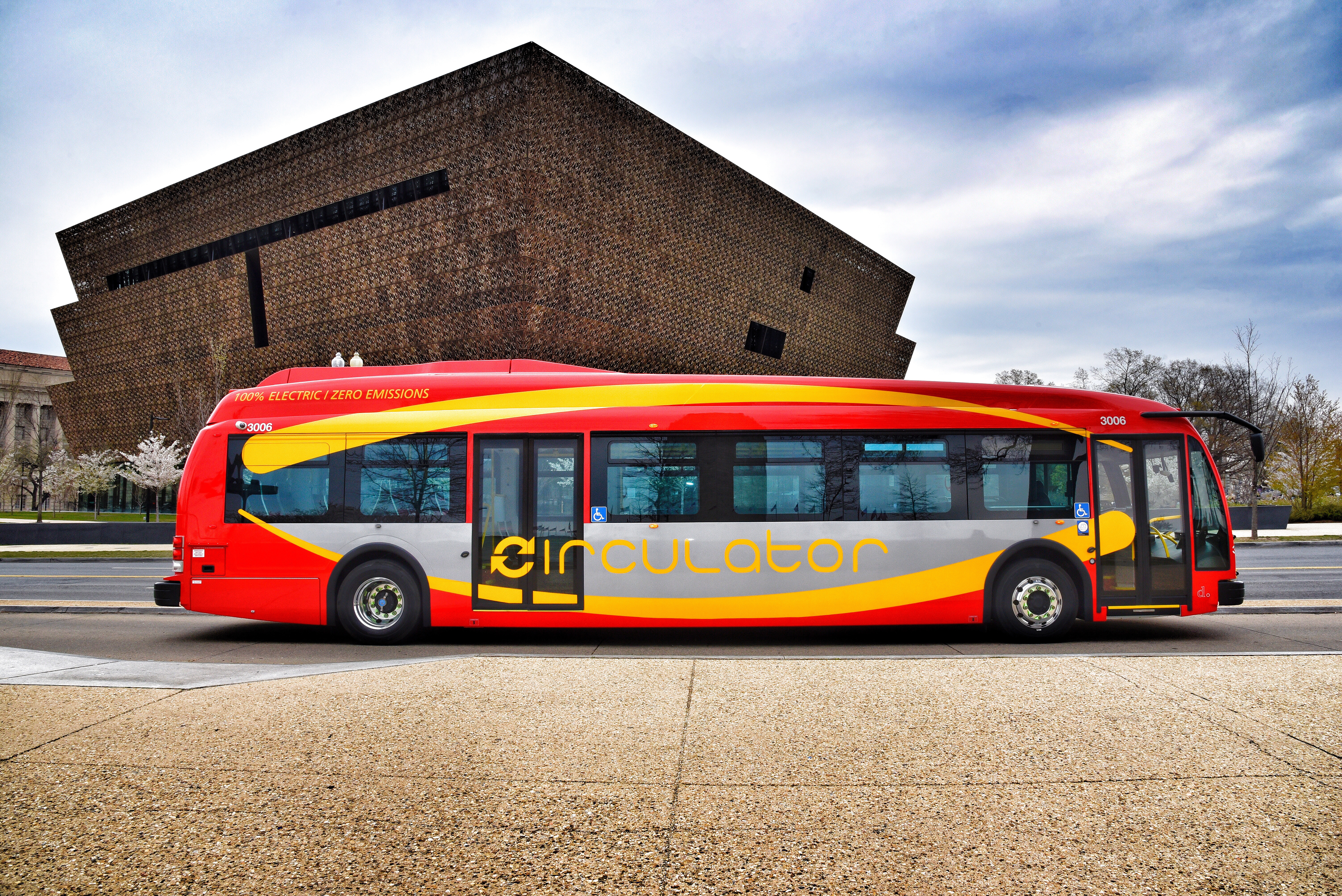New Report: Low-Income Communities to See Potential Savings in Expansion of Electric Vehicles
 Highland Park, NJ – Low-income, urban communities experience the State’s highest levels of air quality issues, which is a direct result of elevated pollution. These communities also face high rates of immobility, creating barriers to employment, education, healthcare, and many other necessities. Access to transportation is a far-reaching issue in all facets of American life. As investments in electrification of the transportation sector increase, there are opportunities to address transportation equity issues. A report released by Jersey Renews seeks to tackle this disparity to better enhance and distribute the benefits associated with electric vehicles (EV) to disadvantaged communities.
Highland Park, NJ – Low-income, urban communities experience the State’s highest levels of air quality issues, which is a direct result of elevated pollution. These communities also face high rates of immobility, creating barriers to employment, education, healthcare, and many other necessities. Access to transportation is a far-reaching issue in all facets of American life. As investments in electrification of the transportation sector increase, there are opportunities to address transportation equity issues. A report released by Jersey Renews seeks to tackle this disparity to better enhance and distribute the benefits associated with electric vehicles (EV) to disadvantaged communities.
“Electrification of the transportation sector is imminent,” says Norah Langweiler, Campaign Organizer for Jersey Renews, “This report is therefore timely because electrification of the transportation sector can be a key factor in closing the health and wealth gap in New Jersey.”
The transportation sector is the largest contributor to greenhouse gas emissions in New Jersey. Accelerating the use of EVs is important to all New Jersey communities, especially environmental justice communities who are disproportionately affected by the negative health effects of emissions. This shift in using electricity for transportation fuel – especially in urban areas – is key in achieving environmental justice and balance.
“Opportunities to electrify cars used in ride-hailing and car sharing services are here,” says Pam Frank, CEO of ChargEVC. “Electrifying these trips lowers the costs of this type of transportation – think about an electric Uber or Lyft, in addition to electric public transit options.” This can be a significant benefit to low-income communities who spend a disproportionate amount of their monthly earnings on transportation.
Details of the Jersey Renews’ report can be found here. The report provides a step-by-step understanding of how equity can be achieved in four unique categories: private vehicles, public fleets, private fleets, and NJ TRANSIT. It also describes why electrification of each of these fleets matters, who it will help, what the barriers are, and the steps that must be taken to make electrification a reality.
A strategy detailed in the report is the establishment of a rebate program for light duty EVs. The proposed rebate program is part of a bill that ChargEVC and Jersey Renews are pushing to get passed in the lame duck session this fall. The bill (S2252/A4819) directs the New Jersey Board of Public Utilities to work with the utilities and private sector to invest in EV charging infrastructure, establishes an EV rebate program with a dedicated funding stream, and encourages educational campaigns on the benefits of EVs.
ChargEVC is excited to promote the work of Jersey Renews in our continuing joint mission to promote equity in electrification of the transportation sector in New Jersey.
Jersey Renews, a broad-based coalition of labor, faith, community, and environmental organizations, recently authored a report titled “Transportation Electrification: Keeping an Eye on Equity.
